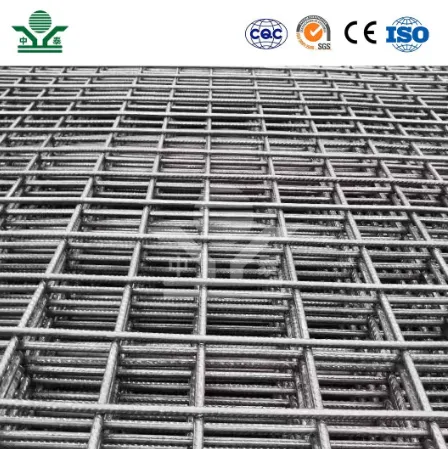The Role of AC Condenser Sound Barriers in Modern HVAC Systems
In the intricate world of Heating, Ventilation, and Air Conditioning (HVAC) systems, the AC condenser plays a pivotal role in maintaining indoor comfort. However, an often-overlooked aspect of these systems is the noise generated by the AC condenser. With urban living becoming increasingly common, noise pollution has emerged as a pressing concern for homeowners and builders alike. This is where AC condenser sound barriers come into play, providing a solution to mitigate noise without compromising on performance.
Understanding the AC Condenser
An AC condenser is a crucial component of an air conditioning system, responsible for releasing the heat absorbed from the indoor environment. During this process, the condenser dissipates heat from the refrigerant, converting it back into a liquid state before it returns indoors to continue the cooling cycle. While efficient, this process is not silent; the fans and compressors can produce considerable noise, often leading to disturbances, particularly in densely populated areas.
The Need for Sound Barriers
Noise from AC condensers can be a significant source of irritation. The sounds can range from the gentle humming of the unit to the louder clanging or banging of machinery. This noise can be intrusive, especially in residential settings where peace and quiet are valued. Furthermore, research has shown that prolonged exposure to noise can lead to various health issues, including increased stress levels, sleep disturbances, and even cardiovascular problems. Thus, managing the sound produced by AC condensers is crucial not only for comfort but also for the well-being of individuals in the vicinity.
How Sound Barriers Work
AC condenser sound barriers are designed specifically to absorb or reflect the noise generated by these units. These barriers can take various forms, including walls, fences, or specially designed enclosures. The effectiveness of a sound barrier is influenced by several factors, including its height, material, and construction method. Common materials used in sound barriers include solid wood, concrete, and specialized acoustical materials that are engineered to reduce sound transmission.
The key principle behind sound barriers is the concept of mass and density. Heavier and thicker materials tend to block more noise, while porous materials may absorb sound but allow some noise to pass through. Therefore, designing a sound barrier for an AC condenser typically involves a careful balance between these factors to achieve the desired reduction in noise level.
Benefits of AC Condenser Sound Barriers
ac condenser sound barrier

1. Noise Reduction The primary benefit of installing an AC condenser sound barrier is the significant reduction in noise levels, which can enhance living conditions in nearby residential areas.
2. Improved Aesthetics Many sound barriers are designed to blend seamlessly with the surrounding environment. They can be customized in color and texture, allowing homeowners to maintain the visual appeal of their property while addressing noise concerns.
3. Increased Property Value Homes that incorporate effective noise-reducing measures can be more attractive to potential buyers, thereby increasing property value.
4. Enhanced HVAC Efficiency Some sound barriers can also improve HVAC system efficiency by directing airflow in an optimal manner, potentially leading to lower energy bills and extended equipment lifespan.
Considerations for Installation
When considering the installation of an AC condenser sound barrier, homeowners should take several factors into account. These include local zoning laws, as some municipalities may have regulations regarding the height and type of barrier that can be installed. Additionally, the placement of the sound barrier is critical; it should be positioned to directly block the line of sight between the condenser and any living areas to maximize effectiveness.
Moreover, consultation with HVAC professionals can help ensure that the chosen barrier does not interfere with the condenser's operation and that it enhances the overall efficiency of the HVAC system.
Conclusion
In summary, AC condenser sound barriers serve as a practical solution to a common problem in urban and suburban environments. By effectively reducing noise levels, these barriers not only improve the quality of life for residents but also contribute to the overall efficiency and aesthetics of HVAC systems. As urban areas continue to expand and noise becomes an ever-greater concern, the use of sound barriers will undoubtedly become an integral part of modern HVAC design. Whether through innovative materials or clever landscaping, the future of noise management in air conditioning technology looks promising.
-
Versatility of Expanded Aluminum Metal for Various Applications
NewsMay.19,2025
-
The Geometry of Steel Gratings: Why It Matters
NewsMay.19,2025
-
Reinforcement Applications of Perforated Mesh in Masonry
NewsMay.19,2025
-
Essential Tools for Installing a Deck Mesh Railing
NewsMay.19,2025
-
Anti-Slip Flooring Made with Stainless Expanded Mesh
NewsMay.19,2025
-
Adjustable Steel Grating for Uneven Terrain
NewsMay.19,2025
Subscribe now!
Stay up to date with the latest on Fry Steeland industry news.

